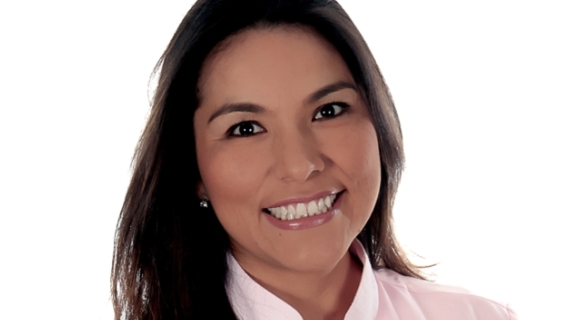Jenny Abanto
Pediatric dentistry from pregnant to baby: transdisciplinary approach

- Paediatric dentistry specialist.
- She has obtained her MSc, PhD and Post-PhD in Pediatric Dentistry at the University of São Paulo (USP), Brazil.
- Later, she obtained her Post-PhD in the field of Epidemiology for Mother and Child Health and Nutrition at USP, Brazil.
- She is currently Chair Professor in the Postgraduate course of Pediatric Dentistry for Babies, at the FAOA and São Leopoldo Mandic Dental Schools in Brazil, and Assistant Professor in Pediatric Dentistry Postgraduate course at the International University of Catalunya (UIC) in Spain.
- She is the Clinical and Scientific Coordinator of the Oral Health Area of the Study of Maternal and Child Health and Nutrition in the first 1,000 days of life at the Public Health School of USP in Brazil. She is the author of 5 books focused on pediatric dentistry for babies.
Nationality: Brazil
Scientific areas: Pediatric dentistry
11 of november, from 09h00 until 13h00
Auditorium B
Conference summary
The first 1000 days of life comprise the period from conception to the end of the second year of life. Corresponds to 270 days of gestation, 365 days of life in the 1st year after birth and 365 days corresponding to the 2nd year of the baby´s life.
At this stage, environmental factors such as habits and lifestyles are capable of activating or deactivating genes and, in this way, increase or reduce the risk for oral and general diseases throughout the life cycle. It may occur both in the baby and in the mother, through epigenetic changes.
Since conception until at least the first two years of life, there is a “window of opportunity” period in which healthy practices can be promoted that will positively influence the future oral and general health profile, as well as modify and correct inappropriate trajectories with greater chance of clinical success. Transdisciplinarity based on health promotion is the way to achieve this goal.
Thus, the lecture intends to present a practical and direct overview of risk factors that generate epigenetic influences at the oral and general level in the first 1,000 days of the baby, emphasizing prevention during the most relevant phases within this period, such as: prenatal care dentistry, breastfeeding, complementary feeding, and approach to non-pharmacological behavior in babies.